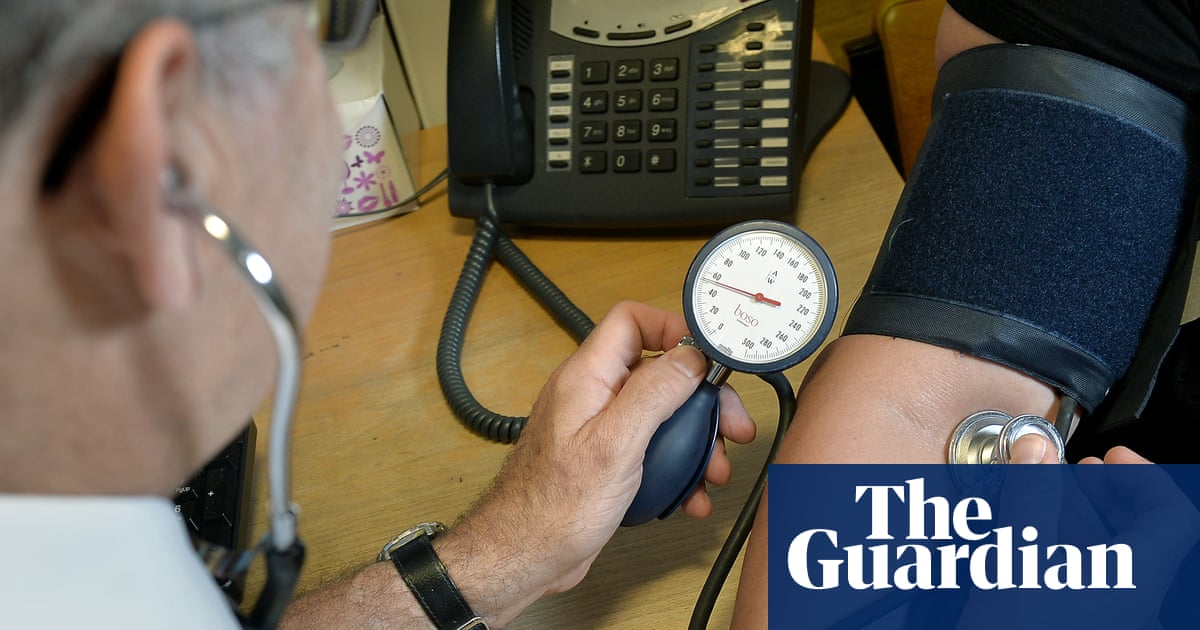Ministers have been told cutting waiting times for thousands of people in Britain’s mental health crisis could help employment and save the government £1bn a year.
According to research by Lancaster University, providing access to faster treatment across England through the NHS would help to improve the health of hundreds of thousands of people while bringing economic benefits for the nation at large.
In a new study to be published in the latest edition of the respected Review of Economics and Statistics academic journal, Prof Roger Prudon found that a one-month delay in the start of mental health treatment resulted in 2% of patients losing their jobs.
Drawing on data for waiting times from the Netherlands between 2012 and 2019, Prudon said a one-month reduction could help as many as 80,000 people get access to treatment annually, which would save more than €300m (£253m) in unemployment-related costs every year.
He said the same calculation could be applied to the UK, given a comparable prevalence in mental health problems, as well as similar treatment times and cost to the economy and public finances from unemployment.
Britain’s larger population would mean a one-month reduction in waiting times for mental health treatment could help as many as 300,000 people each year, and would save about £1bn each year in lost income taxes and payouts for unemployment benefits.
“Data on NHS mental health treatments linked to employment outcomes is scarce in the UK, so while the Netherlands’ setup is different, the healthcare system is similar to that of the UK – and both countries are facing increasing demands for mental health treatments and a backlog of extended waiting lists,” he said.
“Applying this calculation to the UK – based solely on population size – it could generate approximate savings of £1bn per year.”
Ministers are pushing to dramatically reduce lengthy waiting times for patients in England with a plan to cut backlogs for elective hospital treatment and by providing more appointments through seven-day health hubs.
However, charities warn the plan does not currently include any commitment to tackling waits for mental health services. According to research by the charity Rethink Mental Illness, people are eight times more likely to wait more than 18 months for mental health treatment than for physical conditions.
The government is also prioritising NHS reforms and cutting waiting lists to boost employment, aiming to boost economic growth and cut the benefits bill, amid record numbers of working-age adults leaving the workforce due to health issues.
Official figures show there were about 3.8 million people in England in contact with NHS mental health, learning disability and autism services in 2023-24, up almost two-fifths compared with before the pandemic.
Prudon said that in the Netherlands about 1 million people are in contact with the health service with a mental health issue. To reduce waiting times by one month, he said about 100 additional psychiatrists or psychologists would be required at an approximate annual cost of €10m (£8.4m).
after newsletter promotion
Due to the larger population, in the UK four times as many extra mental health professionals would be required. However, Prudon said the savings for Rachel Reeves’s stretched budget and the economy would considerably outweigh the costs.
He added: “The issue of waiting times is not new, both in the UK and the Netherlands. This has been an issue for at least a decade. But what’s lacking in the debate so far, is that people are saying: ‘OK, it’s the treatment that’s important. But the government has limited funds, we can’t keep on spending money.’ However, there is also an economic case to be made.
“It is not a case that we’re just losing money if we invest more in mental health. In the long run this would save the country quite a lot of money by retaining more people in the workforce.”
A government spokesperson said: “This government inherited a broken mental health system, with too many people on waiting lists being held back from employment. Our shift towards prevention, together with our welfare reforms, will help more people return to work and boost economic growth.
“We are transforming mental health services through our Plan for Change, by investing an extra £680m this year, hiring more staff, delivering more talking therapies and cutting mental health waiting lists.”

 3 months ago
133
3 months ago
133

















































